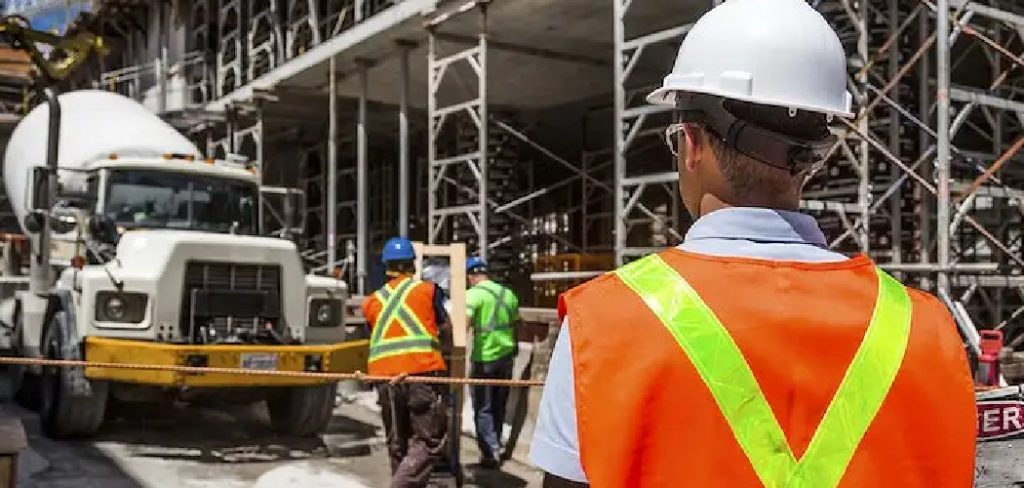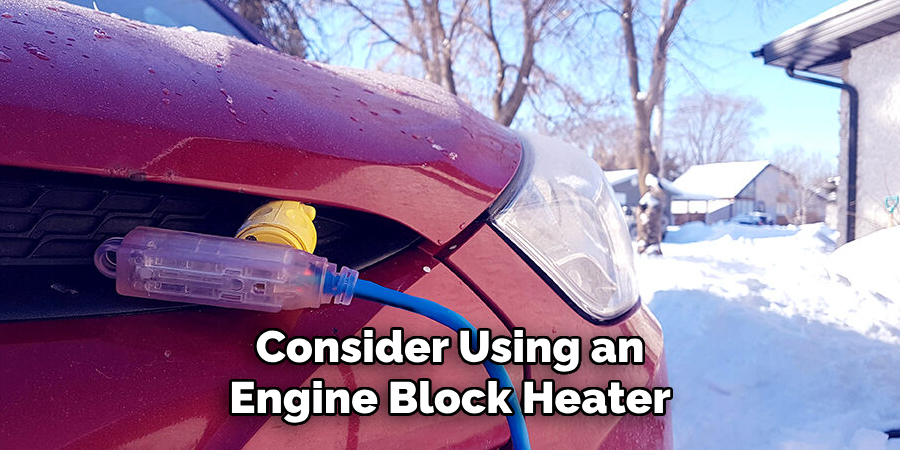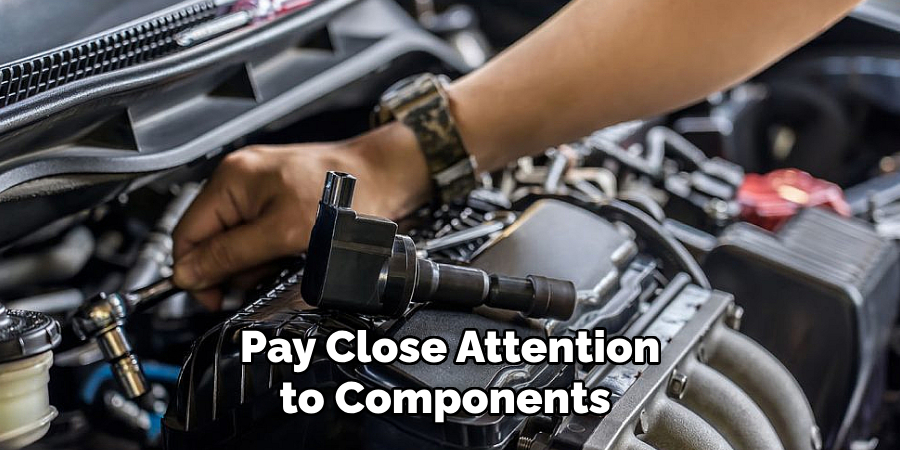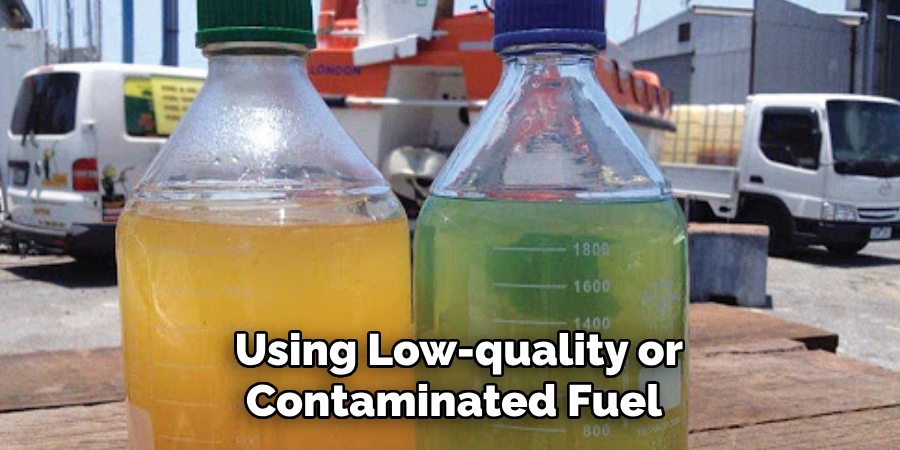Are you tired of dealing with carbon buildup in your car or motorcycle engine? Not only can it decrease the performance and lifespan of your vehicle, but it can also be a hassle to clean out.
Carbon build-up can be a significant concern for various mechanical systems and engines. Over time, the accumulation of carbon deposits can lead to reduced performance, increased fuel consumption, and even potential damage. This section will explore practical strategies and preventive measures to combat carbon build-up, ensuring optimal functioning and longevity of your equipment.

By following these guidelines, you can maintain efficiency, save on maintenance costs, and contribute to a cleaner and healthier environment. Let’s dive in and discover how to prevent carbon build up effectively.
What are the Causes of Carbon Build-Up?
Carbon build-up occurs when unburned fuel particles and other contaminants adhere to surfaces inside the engine, creating a thick layer of carbon deposits. This build-up is mainly caused by improper combustion, which can result from various factors such as:
- Using low-quality or contaminated fuel
- Driving in stop-and-go traffic
- Short-distance trips without allowing the engine to reach optimal operating temperature
- Infrequent oil changes or using the wrong type of oil
- Worn spark plugs and ignition system components
These elements contribute to incomplete combustion, leading to an excess of unburned fuel and oxygen that combine with heat and pressure to form carbon deposits.
What Will You Need?
Before we delve into the preventive measures, gathering all the necessary tools and materials is essential. Here are some items you may need:
- Engine cleaner
- Fuel system cleaner
- Degreaser
- Wire brush or toothbrush
- Clean rags or towels
- Protective gloves and eyewear
Having these materials on hand will make the process smoother and more efficient. Additionally, referring to your vehicle’s manual for specific recommendations and instructions is always a good idea.
10 Easy Steps on How to Prevent Carbon Build Up
Step 1. Regularly Inspect and Clean Air Filters
Air filters are crucial in preventing carbon build-up by ensuring clean airflow to the engine. Regularly inspecting and cleaning air filters helps maintain their efficiency and prevents the accumulation of dirt and debris. Follow the manufacturer’s instructions or your vehicle’s manual to determine the recommended cleaning frequency and method for your specific air filter type.

Step 2. Use High-Quality Fuel
Using high-quality fuel that contains detergents and additives can help reduce carbon build-up in your engine. Premium fuels are designed to clean the fuel system and prevent the deposit of harmful carbon residues on engine components. Check your owner’s manual to see if your vehicle requires or benefits from higher-octane fuel, as it can make a substantial difference in performance and maintenance.
Step 3. Perform Routine Oil Changes
Regular oil changes are vital for keeping your engine clean and functioning efficiently. Over time, oil can collect contaminants that may contribute to carbon residue. Always use the recommended oil type for your vehicle and adhere to the suggested intervals for oil changes. This simple habit will help prevent excessive carbon build-up and prolong the life of your engine.
Step 4. Use a Fuel System Cleaner Periodically
A fuel system cleaner is an effective way to remove existing carbon deposits and prevent further build-up. Add the cleaner to your fuel tank per the product’s instructions, typically every few thousand miles. This process helps clean the combustion chamber, injectors, and valves, ensuring your engine functions smoothly and efficiently. Ensure you choose a cleaner suitable for your vehicle and follow the recommended frequency of use.
Step 5. Invest in Engine and Intake Cleaners
Engine and intake cleaners are specifically formulated to target and remove carbon deposits from critical areas such as the intake manifold and valves. These products can be applied directly to specific components as recommended by the manufacturer. Regular use of such cleaners, alongside routine maintenance, will ensure that your engine remains free from excessive carbon build-up, improving overall performance and efficiency. As always, make sure to use cleaners that are compatible with your vehicle and follow the instructions carefully.
Step 6. Avoid Frequent Short Trips
Frequent short trips can prevent your engine from reaching optimal operating temperatures. When the engine stays cool, incomplete combustion can occur, leading to carbon residue. To mitigate this, combine shorter trips when possible and allow your engine to warm up fully during use. This practice prevents carbon build-up and enhances fuel efficiency and engine longevity. Additionally, consider using an engine block heater during colder months to warm up the engine.

Step 7. Keep the Spark Plugs in Good Condition
Faulty or worn-out spark plugs can result in incomplete combustion, contributing to engine carbon deposits. Inspect your spark plugs regularly and replace them as needed according to your vehicle’s maintenance schedule. Using the correct type of spark plug for your engine also ensures cleaner combustion and reduces carbon formation. Try to use spark plugs with copper or iridium tips, as they are less prone to carbon build-up. If you are unsure what type of spark plug is best for your vehicle, consult your owner’s manual or a reputable mechanic.
Step 8. Monitor the Exhaust System
A well-functioning exhaust system plays a critical role in reducing carbon build-up by efficiently expelling burned gases from the combustion process. Regularly inspect the exhaust system for leaks, blockages, or damage that might affect its performance. Pay close attention to components such as the catalytic converter and oxygen sensors, as these are essential for controlling emissions and ensuring proper combustion. If you notice unusual noises, a decrease in performance, or a strong exhaust smell, have your exhaust system checked by a professional mechanic to avoid excessive carbon accumulation.

Step 9. Perform Regular Engine Tune-Ups
Routine engine tune-ups are crucial for identifying and addressing potential issues that may lead to carbon build-up. During a tune-up, mechanics can adjust or replace components like ignition coils, sensors, or injectors to ensure optimal engine performance. Follow your vehicle manufacturer’s recommended maintenance schedule, and don’t hesitate to seek professional help if you observe reduced efficiency or performance. Don’t forget to communicate any specific concerns or symptoms you may be experiencing.
Step 10. Drive Responsibly
Your driving habits can significantly impact carbon build-up in your engine. Aggressive driving, such as rapid acceleration or frequent hard braking, can put undue stress on the engine and contribute to incomplete combustion. Instead, aim for steady and moderate acceleration, and maintain consistent speeds. Additionally, consider using the highway more often, as higher-speed driving allows the engine to reach its ideal operating temperature and burn off potential carbon residues. Remember, driving responsibly not only benefits your engine but also promotes safety on the road.
By following these ten simple steps, you can significantly reduce carbon build-up in your engine and extend its longevity.
5 Things You Should Avoid
To prevent carbon build-up and maintain optimal engine performance, here are five things you should avoid:
- Neglecting Regular Maintenance: Regular maintenance, including oil changes, air filter replacements, and spark plug inspections, helps prevent carbon build-up in the engine. Neglecting these routine tasks can lead to increased carbon deposits over time.
- Using Low-Quality Fuel: Using low-quality or contaminated fuel can contribute to carbon build-up. It’s important to choose reputable fuel stations and use high-quality fuel to minimize the risk of carbon deposits.
- Short Trips or Idle Time: Short trips and excessive idling prevent the engine from reaching its optimal operating temperature. This can lead to incomplete combustion and increased carbon build-up. Whenever possible, try to combine shorter trips or consider carpooling to reduce idle time.
- Ignoring Engine Warning Signs: Ignoring warning signs such as check engine lights, rough idling, or decreased fuel efficiency can indicate underlying issues that contribute to carbon build-up. Addressing these problems promptly through professional diagnostics and repairs can prevent further carbon accumulation.
- Overlooking Carbon Cleaning Products: Utilizing carbon cleaning products specifically designed for engines can help prevent carbon build-up. These products help remove existing deposits and keep the engine internals clean, ensuring optimal performance and fuel efficiency.

By avoiding these common pitfalls, you can maintain a cleaner engine and prevent carbon build-up, ultimately extending the life of your vehicle and optimizing its performance.
Conclusion
In conclusion, carbon build-up in engines can lead to various issues and decreased performance. It’s important to take proactive measures to prevent and remove carbon deposits for optimal engine function. This includes regular maintenance, using high-quality fuel, avoiding short trips and idle time, addressing warning signs promptly, and utilizing carbon cleaning products.
By following these tips, you can keep your engine running smoothly and prolong the life of your vehicle. Remember to consult a professional mechanic if you encounter any severe or persistent issues with your engine. With proper care and attention, you can avoid potential problems caused by carbon build-up and enjoy a hassle-free driving experience.
Hopefully, the article on how to prevent carbon build up in your engine has provided you with valuable information and insights. Take care of your car’s engine, and it will take care of you on the road. Happy driving!
Edmund Sumlin is a skilled author for Metal Fixes, bringing 6 years of expertise in crafting a wide range of metal fixtures. With a strong background in metalwork, Edmund’s knowledge spans various types of fixtures, from decorative pieces to functional hardware, blending precision with creativity. His passion for metalworking and design has made him a trusted resource in the industry.
Professional Focus:
- Expert in Metal Fixtures : Edmund aesthetic specializes in creating durable and innovative metal fixtures, offering both appeal and functionality. His work reflects a deep understanding of metalworking techniques and materials.
- Sustainability Advocate : He is dedicated to using sustainable practices, ensuring that every fixture is crafted with eco-friendly methods while maintaining high-quality standards.
In his writing for Metal Fixes, Edmund provides valuable insights into the latest trends, techniques, and practical advice for those passionate about metal fixtures, whether they are professionals or DIY enthusiasts. His focus on combining artistry with engineering helps others discover the true potential of metal in design.


